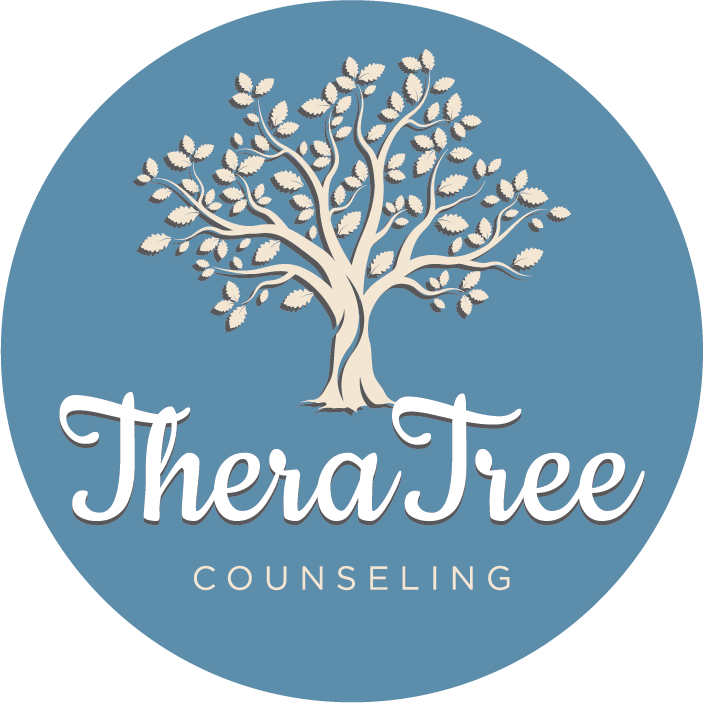
Transform
your relationship
with yourself and others
You’ve lost yourself in what everyone else wants.
You’ve spent most of your life putting aside your own feelings and experiences to take care of others. At this point, you don’t even know what you feel, want, and need, let alone how to communicate that.
You know you struggle with people-pleasing but can’t seem to stop caving to everyone else’s demands. This leads to resentment and anger - towards other people and yourself.
At times, you feel like all those stuffed-down emotions are spilling over. You find yourself randomly yelling at a co-worker or your partner. Emotions can be overwhelming. You worry that if you let yourself feel, it just might consume you and send you completely out of control. You think, “If I could just control my emotions, I would have the most amazing life.”
You are “sensitive” and seemingly small things can set you off - a sad movie or song, loud noises, large crowds, having to eat with other people, a furrowed eyebrow, a backward glance, a change in tone.
You avoid letting people get too close because if they did you might lose them. If people really knew the real you, they wouldn’t like you and they would leave. Being truly honest about how you are doing or asking for help, even from partners or friends, feels almost impossible. Yet, you secretly long for someone to be close with, someone to love you for you and to be there for you when you need it.
You work hard just to hold everything together. When you get stressed, and everything feels out of control, you do things - eat too much, binge watch TV, rage clean, stay super busy - anything to check out and feel a sense of control. But then those behaviors just lead to more shame and pain. You spend so much time and energy just to manage and stay afloat that it’s tough to feel like you are actually living and being productive at work.
You wonder if you will ever be able to move past all this and live like a “normal” human. Is that even a thing?
You’re an Adult Child of Emotionally Immature Parents
For as long as you can remember, you’ve dealt with chronic loneliness, abandonment, and even anger and resentment.
You grew up feeling like you couldn’t ever get the kind of attention and affection that you really needed - your parents got divorced, your mom got sick and died, your dad was addicted to drugs or alcohol, your mom had mental health issues, or maybe your parents were workaholics.
This all meant that you had to grow up quickly, taking on more responsibility and taking care of your parents when all you really wanted and needed was to be taken care of yourself. Maybe your parents were physically present but your feelings were often minimized or dismissed which made you feel lonely and just wrong.
This is what it’s like growing up with parents who are emotionally immature. Your parents have never been able or willing to be emotionally available and show up for you.
And now, even as an adult, your relationships with partners, friends, and even your parents are still being affected by the way you were raised. Your experience was continually minimized or there was literally no room for you to take up that kind of space, so you learned to push down your feelings and to focus on other people. It’s really hard to tap into what you are actually feeling let alone to communicate that to other people. This leads to a lonely existence and makes it tough to actually connect in the ways that you crave.
Here’s where I come in
Counseling can help you listen to yourself and clarify your core values. It’s helpful to have someone outside of yourself to walk with you through these painful areas where you didn’t receive the kind of nurture and affection you needed as a child and to learn to get some of those needs met now as an adult.
I provide a safe environment for you to be able to explore what brought you to this point and how to move forward. I’ll ask some clarifying questions, summarize what I am hearing and seeing, provide some evidence-based helpful hints, and use other techniques, like EMDR or Somatic Experiencing, to help you get unstuck.

